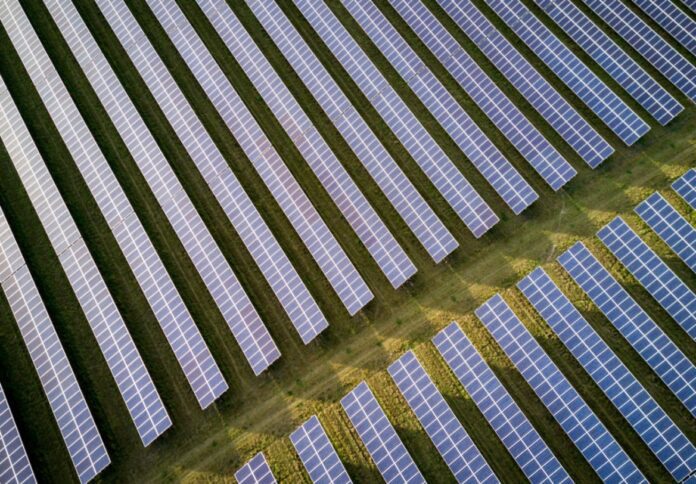
Australian manufacturers are facing a perfect storm of energy challenges, with most regions in the country experiencing a surge in power prices in the second quarter of 2024. This price volatility comes at a critical time when the global manufacturing landscape is increasingly prioritising sustainability and energy efficiency as key factors in competitiveness.
With customers, investors and regulators all demanding greener products and processes, manufacturers in the country are responding by optimising energy management and accelerating their transition to sustainable operations. Unsurprisingly, emerging as a key technology in this pursuit is artificial intelligence.
In an exclusive interview with Australian Manufacturing, Lisa Balk, Director of Sales at GridBeyond Australia, highlighted the key challenges where artificial intelligence can make a substantial impact in terms of energy transition.
Addressing energy costs
According to Balk, AI is already proving to be a powerful tool to combat rising energy costs, offering manufacturers a way to optimise their energy consumption and maintain profitability.
AI algorithms have advanced significantly over the years, making the technology capable of predicting energy demand patterns and market prices, and even detecting weather conditions that might affect energy generation. Armed with this information, AI systems can automatically adjust production schedules to take advantage of off-peak hours when energy costs are lower.
“These forecasts allow companies to align their energy usage with the availability of renewable sources, such as solar or wind power, ensuring that as much energy as possible comes from clean, renewable sources. This alignment not only reduces reliance on fossil fuels but also helps manufacturers reduce their overall carbon footprint,” Balk explains.
Renewable energy integration
While Australia boasts vast renewable energy resources, particularly in solar and wind power, integrating these sources into existing manufacturing operations presents significant challenges. This is where AI is proving to be a game-changer.
“AI can ease this process by automating and optimising the integration of renewable energy into daily operations. For instance, AI can predict periods of peak renewable generation (such as sunny days for solar energy) and adjust production schedules accordingly to maximise the use of renewable power,” the GridBeyond representative says.
Another significant advantage of AI in renewable energy integration is its ability to facilitate participation in energy markets.
“AI can even facilitate peer-to-peer energy trading, where manufacturers with excess renewable energy can sell it to other businesses or back to the grid, turning energy management into an additional revenue stream,” Balk adds.
Navigating regulatory complexity
The manufacturing sector is also facing an increasingly complex regulatory landscape, particularly in the realm of energy management and sustainability. Navigating the ever-changing regulations on emissions reductions, carbon pricing and sustainability targets can be particularly daunting for smaller manufacturers with limited resources. Fortunately, AI is emerging as a powerful ally in navigating these complexities.
“These systems track energy consumption, emissions, and other key metrics in real-time, providing manufacturers with detailed reports that can be used to meet regulatory requirements and avoid penalties,” Balk says.
“By providing these advanced capabilities, AI enables manufacturers to not only integrate renewable energy into their operations but also to maximise the effectiveness of these clean energy sources, helping them achieve ambitious net-zero emissions targets while maintaining operational efficiency.”
AI in energy management: A new frontier for manufacturers
The integration of artificial intelligence in energy management represents a transformative opportunity for Australia’s manufacturing sector, particularly for small and medium-sized enterprises (SMEs). The journey towards AI-powered manufacturing may be complex, but for Australian SMEs, it represents a path to enhanced efficiency, reduced costs, and improved competitiveness.



















